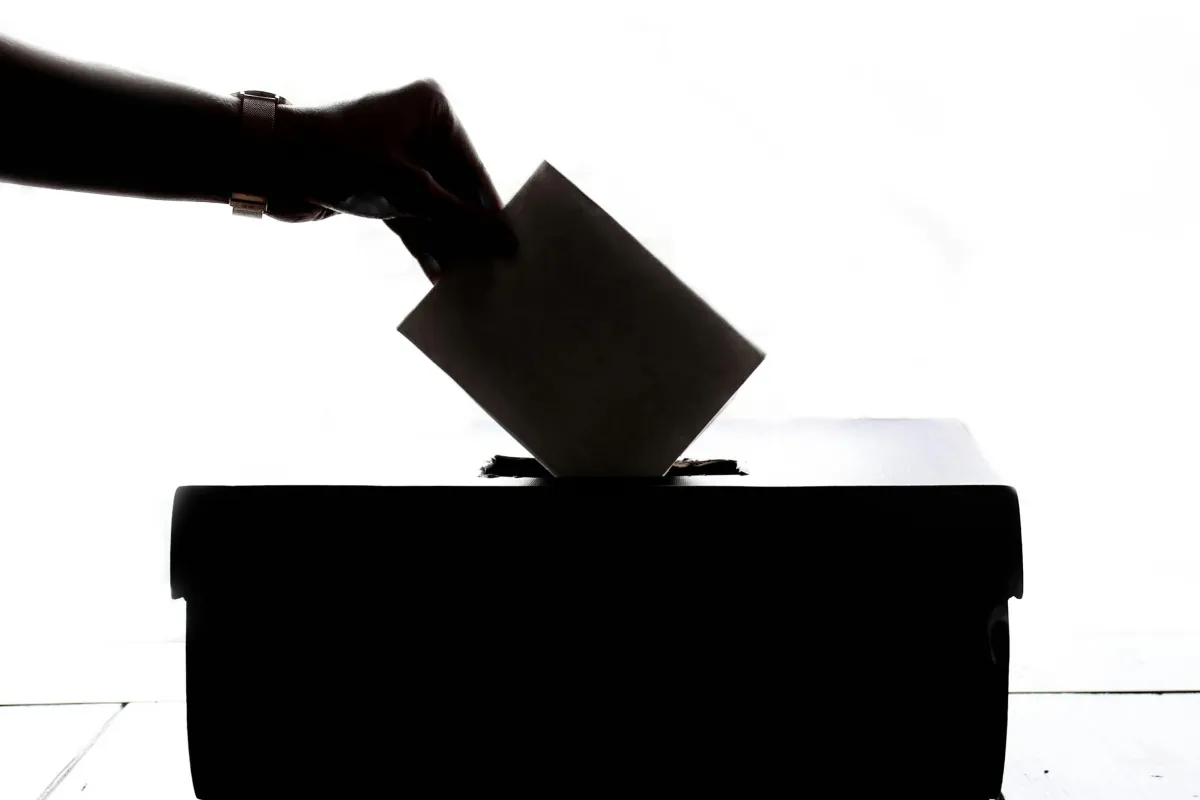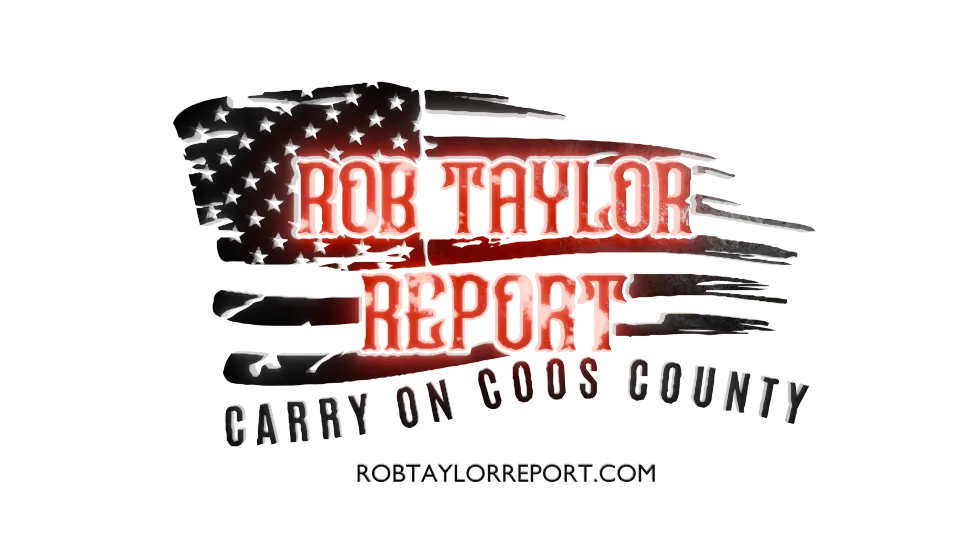
Politicians Just Took Away Utility Rate Vote for Three Cities
Politicians Just Took Away Utility Rate Vote for Three Cities
Your right to vote on utility rates just vanished with the stroke of a pen.
A bill passed in the 2025 Legislature has quietly stripped voters of their authority in three cities to approve utility rate increases, transferring that power directly to mayors and city councils. The legislation, awaiting the governor's signature, effectively overrides voter initiatives that had previously secured this authority within city charters.
Two Republican senators, Anderson and Wright, spearheaded this significant change by sponsoring SB1062A. This bill limits voters' right to choose, effectively betraying constituents in three specific cities: Bandon, North Bend, and Reedsport. Their action represents more than a procedural adjustment. It alters the balance of power between the voters and local government officials.
The state legislature's vote, which has a Democratic majority, was ironic because it represented a clear attempt to circumvent established democratic processes.
Who Benefits From This Power Shift?
Supporters of this legislation might argue that elected officials already represent voter interests, but this argument falls under scrutiny.
When direct voter approval is required for rate increases, utilities must make their case to every city voter. They must demonstrate genuine need and reasonable pricing. Without this check, the path of least resistance often leads to higher rates with less justification.
The shift away from voter approval also removes a crucial transparency mechanism. Rate hearings before city councils typically receive minimal public attention, while ballot measures force broader community engagement and media coverage.
The Larger Pattern
This legislative action reflects a broader trend in both major parties of consolidating power away from direct democratic processes recognized in the state constitution. State legislators are willing to modify the locally established process by overriding local charter provisions established through public initiatives.
These policies giving utility rate-setting authority to city voters are not in opposition to our Constitutional Republic, where the federal system enacts law through the people's representatives. These mechanisms were won hard by average citizens who campaigned on the people's right to choose their style of government in their cities and counties under the authority of the State and the US Constitution. Oregon has a long tradition of voter-approved initiatives, demonstrating the state's unique respect for individualism and the people's right to choose where their authority resides.
Citizens should ask the simple question: If utility rates don't require voter approval, what local decisions will the legislators remove from public oversight?
The three cities with charter provisions requiring voter approval for rate increases did not materialize by accident. They were established because citizens recognized the potential for abuse when essential service pricing falls under the exclusive control of a small group of officials.
What Happens Next?
If the governor signs this legislation, the immediate impact will be felt in Bandon, North Bend, and Reedsport. City councils will gain unilateral authority to set utility rates without voter approval.
The longer-term consequences may include higher utility costs, decreased transparency in rate-setting processes, and further erosion of direct democratic participation in a local government's decision-making authority.
Citizens concerned about this shift should recognize the severe consequences of losing a direct voice in decisions that affect essential services and household budgets. The transfer of authority from voters to officials represents more than a procedural change. It alters the relationship between citizens and local government.
When politicians take away your vote on utility rates, they are not just changing who makes decisions; they are changing who those decisions ultimately serve.
